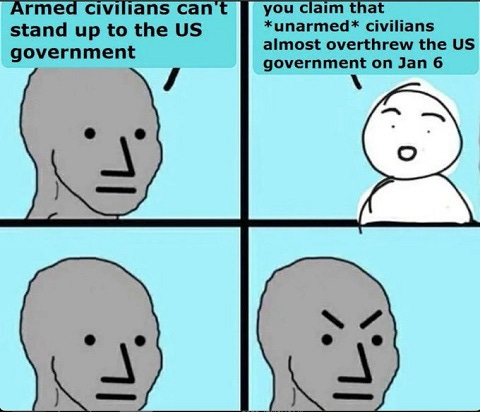New York's Cardinal Timothy Dolan intends to hector Catholics into accepting illegal immigration.
Catholics are rebelling against their religious leaders’ pro-migration policies, and the Catholic leadership must set them straight, Archbishop Timothy Dolan of New York said in an interview on December 21 with the Catholic-run Center for Migration Studies (CMS)....
+Dolan got a wake-up slap from one of his parishes:
“We were about ready — [with] Catholic Charities — a year ago to turn that [empty New York City] school into a school for immigrant kids, who would come in, and we’d help them with their English. We would help them get up to speed when it comes to their eventual insertion into one of our schools,” the Catholic Cardinal said.
“And the people in that parish … rebelled and said, “Absolutely not, we will not have them here,” said Dolan...
One could ask if the Cardinal understands the word "ILLEGAL." One could also ask if he gives a flying damn about it.....
Moving on.
The Church put out a video which (surprise!!!) did not feature opposing opinions from other Catholics. But there are opposing opinions.
Mark Krikorian has one.
...[The Bishops are] making the mistake about “Render unto Caesar what is Caesar’s
and to God what is God’s.” … If there is somebody who shows up in front
of your church and they’re hungry, [charitably] feeding them is
perfectly appropriate. But trying to change [government] policy so that
there are more hungry people [delivered to] your church door is very
different. That’s the [doctrinal] mistake they’re making....
Krikorian does think that the Bishops are "sincere."
There are plenty of arguments to be made on each side of this dispute. Does the US need immigration for its own long-term prosperity? Yes. But should the US control such immigration for skills and attributes? Yes. Must all immigrants be Ph.D.'s, or highly-skilled machinists (e.g.)? Nope; there are plenty of low-skilled jobs available and most immigrants are willing to learn through OJT. (The Breitbart editorializing in the linked story is near hysterical. Ignore most of it.)
Those are the easy questions and answers.
We think the Bishops will concede that these questions must be answered correctly:
Should the immigrants be subject to a thorough background check? Should they be screened for health conditions, vaccinations (DPT), and VD's? If they cannot pass the tests, or if a background check is impossible, should they be sent back?
But will the Bishops agree with this one which is, by far, the most important one: Are the immigrants culturally compatible with the Judaeo-Christian ethos of the United States?
We find this anecdote from +Dolan amusing:
...I tried to reason with them, to go back in history, and to say this is
exactly what your parents, your grandparents, and your
great-grandparents faced. It was the same thing. And gradually they
began to recall the stories and they said, “Oh, that’s right. … We
remembered when the Irish pastor made us Italians go downstairs for
mass, and that being the main church.”...
The Cardinal gets a "Mostly False" truth-o-meter for that one.
Under the laws in force when my grandparents came here (legally), an immigrant had to be sponsored by a current US citizen. That citizen was required to provide food and housing and to find employment for that immigrant. There was no $5,000.00 Visa card free-money; there was no welfare paid to immigrants for just showing up; the Government didn't fly them around the country, nor provide free health care, and there was no insane "anchor baby" reading of the Constitution. And the immigrants were held at Ellis Island until they were cleared on health matters and all the paperwork was complete; they didn't just disappear into the country.
Perhaps the Cardinal forgot about all those facts? (We're being generous here.)
But yes, there was discrimination. Proof? Easy: go to Mitchell Street in Milwaukee and you'll find the "Polish" Catholic church on 5th st.,. and the "German" Catholic church on 9th st, four blocks away. The "No Irish Allowed" signs were real, just as were the "No Germans/Czechs/ (etc.)" signs in other parts of the country. Most immigrants simply put their heads down, worked, and persevered; some gave up and returned to their homeland.
Now, then: if the Cardinal really wants pew-sitting Catholics to support more immigration, the Cardinal should build his case on the immigration-law principles which were operative until the mid-'70's, before Ted Kennedy lied about the immigration law he supported.
And if he wants credibility, he and the USCC should be clearly and loudly opposing illegal immigration and what it's bringing: rapes and murders along the immigration routes, and poisonous drugs and criminal activity here in the US. Moreover, they should loudly and clearly denounce the Biden Regime for its flouting of the law and its breaking of oaths.
Think they'll do that? Don't hold your breath. When he begins by implying that only "bigots" oppose illegal immigration, the Cardinal's position is very clear.
Too bad.








